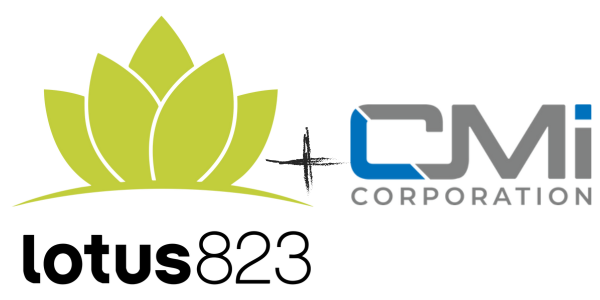One day as I sat at my desk catching up on the latest industry news, I came across an article on Ragan’s PR Daily titled “PR ranked no. 7 on list of most confusing professions”.
I laughed.
Immediately, I thought of my dad. No matter how many times I try to explain what I do, he just doesn’t entirely understand it. He’s so proud that his college graduate landed an awesome job at an integrated marketing agency, but when chatting with friends and family about my new position, he makes it sound like my own name is appearing in The New York Times when I land a story for a client.
He also thinks I can call up my “producer friends” and have them cover an event I’m trying to garner some press for. He once told me to call FOX and NBC after mentioning I just witnessed an accident on my way to work.
I can’t blame him for his thinking. There’s a reason why public relations made this list. The profession does encompass a wide range of responsibilities from client relations to CES PR, and even strategy integration with SEO and SM. In an effort to better explain my role to my dad, I wanted to quash some of the most popular misconceptions we PR professionals fall victim to far too often.
It’s all about who you know.
There is some validity to this idea; however, it’s not totally true. Your best friend could work at USA Today or Good Morning America, but that doesn’t mean you’re going to get the coverage. Sure, it will help your pitch be heard but if the product or idea you are pitching doesn’t fit the outlet’s format, it dies. Product launches, whether formulated through a Kickstarter campaign or at CES, are crucial.
You’re either planning an event or out and about brushing elbows with celebs and journalists.
Sure, there are times when we get to attend swanky parties or sip champagne at a “networking event, “ but those days are few and far between. For most of us, especially those getting their feet wet in the industry, a lot of time is spent in the office editing extensive media lists to ensure they host the appropriate contacts while simultaneously strategizing and researching clients and their competitors.
Unless you’re their publicist, any interaction with a celeb is tweeting at them and hoping for an RT.
It’s the luck of the draw.
Many people think that you need luck to get coverage. While sometimes getting a reporter on the phone or having them see your e-mail can be chalked up to good fortune, it takes a considerable amount of time to craft the perfect pitch letter or prepare yourself for that phone call.
If you’re thorough, you’re doing your research. Reporters’ beats can change quite frequently and getting their attention often means reading several of their archived articles to fully understand their interests, or spending an hour on a catchy subject line (or tweet, if you discover that’s how they prefer to be pitched).
While these misconceptions can sometimes drive us mad, we love what we do – and that’s important because for most of us, our job tends to bleed into our personal life. Whether we’re reading the news or watching mindless television, we’re thinking about how our clients fit into the bigger picture or if the endorsement we just saw on that commercial really fits into the celebrity’s personal brand.
Do you work in PR? What are some misconceptions that you hear about your job? Share with us!








